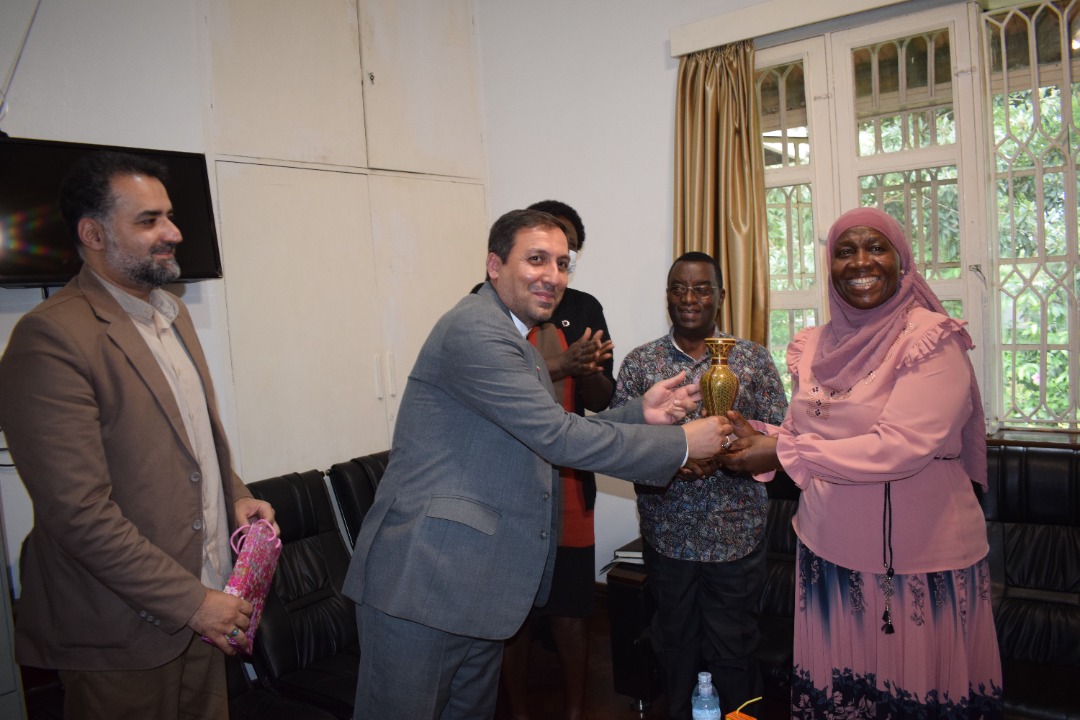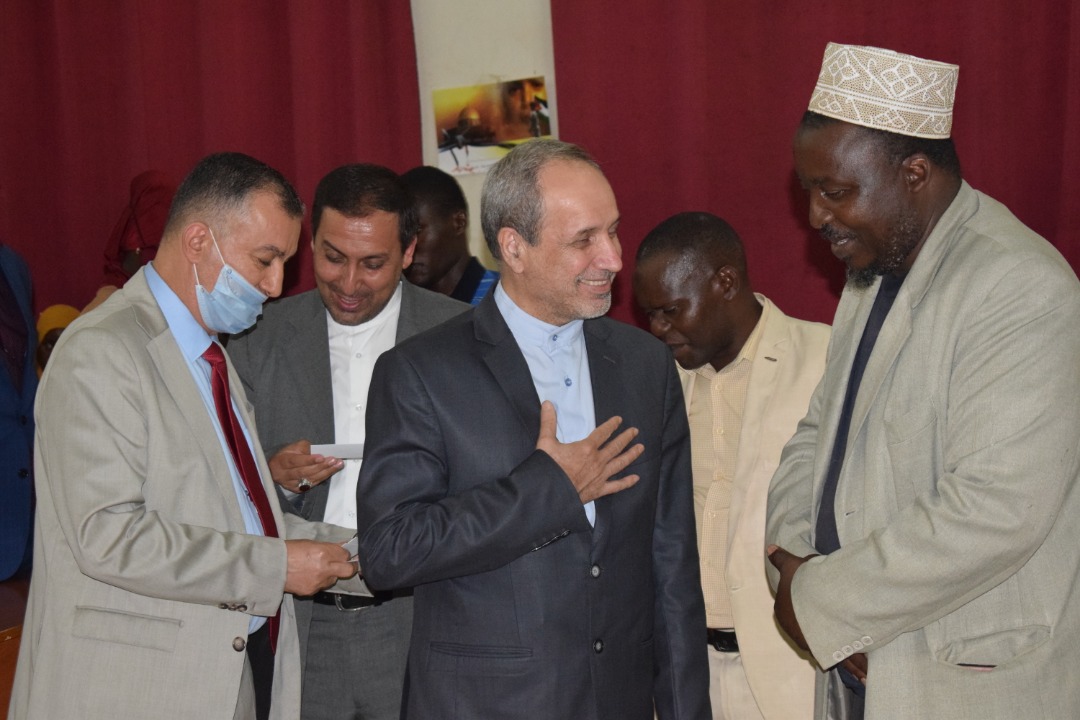Genetically Modified foods are now on sale in Uganda If you are a frequent shopper at some of Kampala’s supermarkets, ProNutro, Beaco, American Sweet Corn – they are products of Genetic Modification.
Well, blame it on our habit as Ugandans of not reading labels and health instructions on food items, but many people will find that some of the items are clearly labelled that they were produced from Genetically Modified sources.
This article does not intend to scare anyone from buying the food items, but rather to caution that lack of clear regulations about the technology might in fact result in the unfavourable situation where uncertified GM seeds are imported into the country.
The development comes amid a raging debate about the pending bill in Parliament – the Biotechnology and Biosafety Bill 2012, through which government seeks to regulate the importation, production and distribution of GM products in the country.
The news comes as vindication for supporters of the bill who have long argued that absence of a law on GM products carries serious risks for the country more so because anytime living organisms such as animals, plants and seeds will get their way into the country without any mechanism to detect or prevent them.
Dr. Ambrose Agona, the Director General of the National Agricultural Research Organisation (NARO) argues that apart from regulating the importation of GM foods or organisms with life from other countries, a law is needed to facilitate our own scientists to find solutions to pervasive problems such as crop diseases.
Agona adds too that GM technology is better than conventional breeding because scientists can use it to precisely target a specific gene of interest instead of crossing plants that tends to come with several unwanted genes.
“GM technology offers us an opportunity to develop varieties that are resistant to diseases that attacks our crops as well as weather stresses such as drought. But I want to stress that we only resort to GM technology if conventional means fail,” Agona said while speaking to journalists at the US Embassy in Kampala last week.
But opponents of the proposed law who mainly include Non-Governmental Organisations (NGOs), allegedly funded by their European-based counterparts, will find the development as a set back since absence of a law means that a lot more not less GM foods will find their way into the country due to lack of a control mechanism.
Dr. Denis Kyetere, the Executive Director of the African Agricultural Technology Foundation (AATF) offered a word of comfort for Ugandans who’ve been fed on fears that GM food causes cancer.
“I was one of the people who ate the very first GM tomato in 1998. And I ate it raw and I have not gotten cancer,” said Kyetere. His organisation, based in Nairobi, Kenya has successfully negotiated for royalty-free access to genes from leading companies such as Monsanto.
Monsanto donated a gene, extracted from sweet pepper, that has proven to control the devastating Banana Bacterial Wilt (BBW). Besides finding a solution to BBW using GM technology, NARO researchers say they can use the technology to address the Cassava Brown Streak virus, and enhance resilience of maize against drought and pests as well as enhance Vitamin A in bananas to address vitamin A deficiencies among children that is associated with 38% of stuntedness among Uganda’s children.
Supporters of GM technology argue that it represents the second green revolution, in terms of its promise to increase productivity especially among small holder farmers and lift them out of poverty.
The first green revolution, sparked off by scientific processes such as hybridisation or the development of hybrid seeds in the 1940s, as well as the intensive use of fertilizers and agrochemicals, transformed countries and laid the foundation for industrialization.
Scientists argue that the GM technology now offers them an opportunity to get precise









